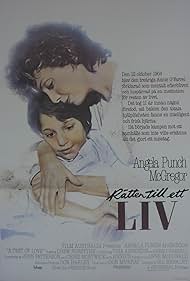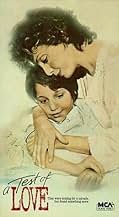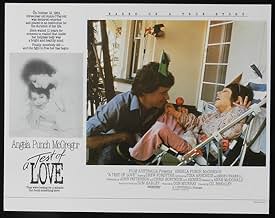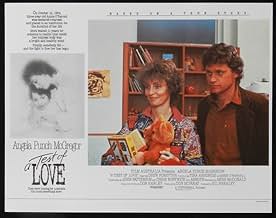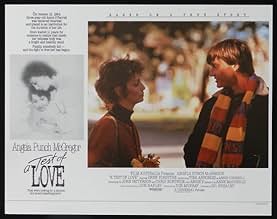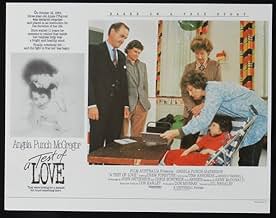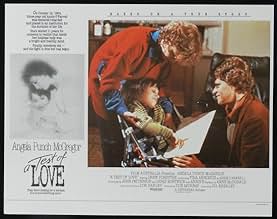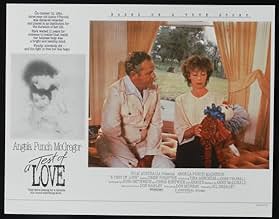This very good 1984 film, known most often as "Annie's Coming Out", was based on a true story and won the Australian Best Film Award from the Australian Film Institute. It also won the Best Actress Award for Angela Punch McGregor as Jessica Hathaway, and was nominated for Best Music for its lyrical and enormously effective score by Simon Walker.
It tells the story of a young female social worker who begins work at a hospital for retarded children, and discovers that some of the psychological problems attributed to these children are incorrectly diagnosed. Proving this to be the case is difficult, however, as it is generally accepted that as those who are 'profoundly retarded' cannot communicate, therefore they cannot think.
In the case of Annie O'Farrell (Tina Arhondis), finding a way for her to 'talk', other than speaking or writing, finally shows that she is not only able to think, but is highly intelligent. The battle against the hospital to acknowledge this in a legal sense goes to court, as the psychiatrists try to hide their misdiagnosis.
The characterisations of the doctors and psychiatrists are often on the clichéd side. One or two performances are quite irritatingly portrayed. However, there much to praise. There is so much compassion in the other characters and the other actors' performances, that the film gets a real edge and emotional depth to it. The fact that the performances by Charles "Bud" Tingwell as the Judge and Simon Chilvers as the solicitor Warren Metcalf are so good, adds a real lift to the second half of the film.
Angela Punch MacGregor is fine as the terrier-like social worker, and Drew Forsythe's performance as the irritated, funny/angry boyfriend, gives the film some light relief. The stand out performance, however, is the brilliant Tina Arhondis, who suffers from a similar disability to the character she is playing. It is an absolutely astonishing performance.
Pulling all the elements of the film together, filling the scenes with genuine and realistic emotions, is the outstanding musical score by Simon Walker. Mostly it is unobtrusive, gently emphasising the different aspects of the film's emotional vicissitudes. At times though, it is dark and eerie, echoing the genuine threat of death, and adding depth to a sometimes cold, heartless hospital and staff.
This feature film is highly recommended for those who like thoughtful dramas which are a step above the American style TV Movie of the Week. Credit must go to writers Chris Borthwick and John Patterson who avoid a lot of the cliches in this genre. Their script is based on the book by the real-life two main characters, Rosemary Crossley and Anne McDonald.
